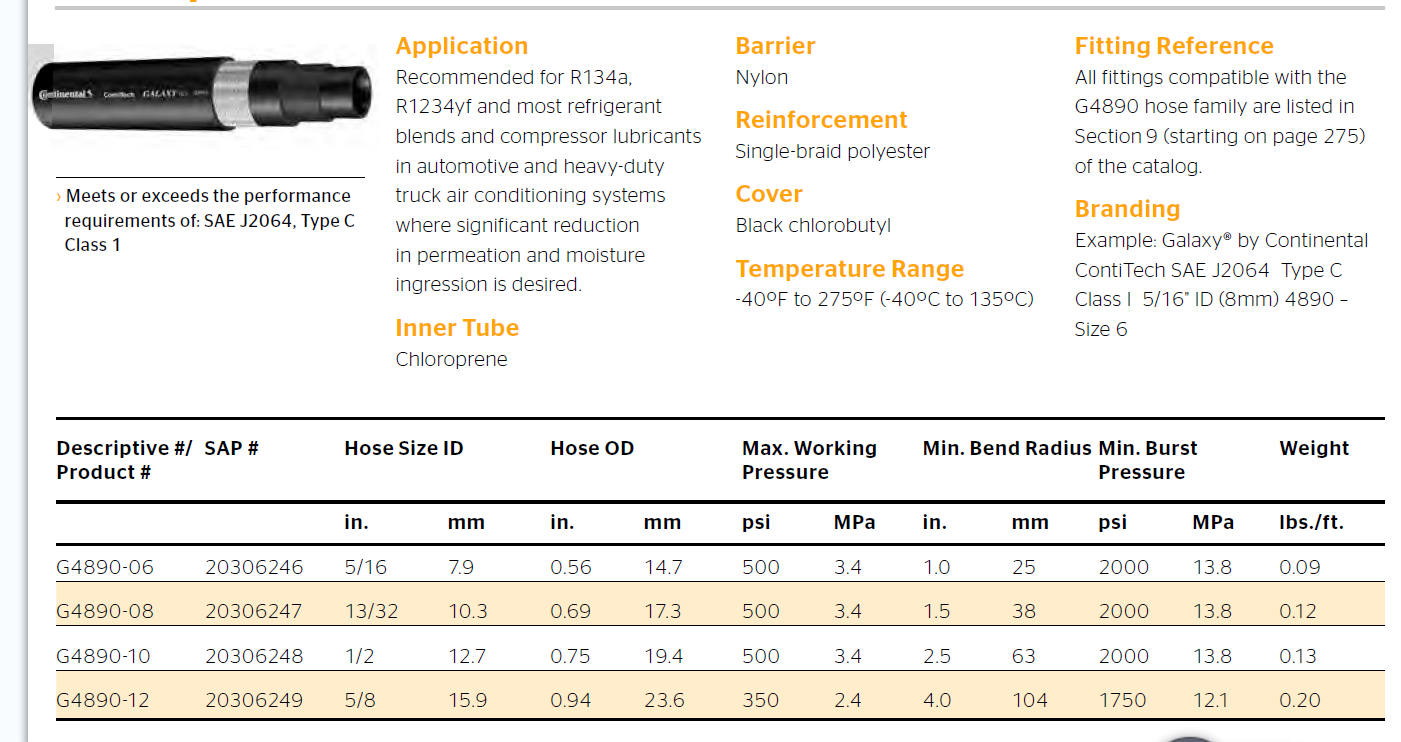Flexible Hoses for Safe and Efficient Petroleum Transfer Solutions
Oct . 18, 2024 12:44 Back to list
Flexible Hoses for Safe and Efficient Petroleum Transfer Solutions
The Importance of Petroleum Transfer Hoses in the Oil and Gas Industry
In the ever-evolving world of the oil and gas industry, the safe and efficient transfer of petroleum products is paramount. Among the various components that facilitate this process, petroleum transfer hoses hold a critical place. These specialized hoses are designed to handle the demanding requirements of transporting various types of petroleum fluids, ensuring that operations proceed smoothly and safely.
Understanding Petroleum Transfer Hoses
Petroleum transfer hoses are engineered to transport a range of petroleum products, including crude oil, gasoline, diesel, and other refined fuels. These hoses are constructed from materials that can withstand harsh environmental conditions and the chemical properties of the fluids they carry. Typically made of a combination of rubber or thermoplastic materials, reinforced with steel wire or textile braids, these hoses offer the necessary flexibility, durability, and resistance to abrasion and weathering.
One of the most significant features of petroleum transfer hoses is their ability to handle high pressures and temperatures. During transfer operations, the pressure within the hose can fluctuate significantly. Therefore, a quality transfer hose must be capable of withstanding these pressures without rupturing or leaking. Additionally, they must maintain their integrity under various temperature conditions, often ranging from -40°F to 180°F (-40°C to 82°C).
Types of Petroleum Transfer Hoses
Multiple types of petroleum transfer hoses cater to different requirements in the industry. For instance, the general-purpose transfer hose is often used for standard applications involving the transfer of fuels or oils. On the other hand, dedicated hoses designed for specific fuels can provide improved performance and safety. For example, hoses designed specifically for transferring gasoline typically feature lower permeation rates and enhanced resistance to gasoline’s chemical properties.
petroleum transfer hose

Another notable type is the “dock hose,” which is specifically designed for ship-to-shore transfers at oil terminals. These hoses are built to accommodate the harsh conditions of marine environments, requiring additional reinforcement and protective coatings to resist corrosion from seawater.
Safety and Compliance Standards
Given the volatile nature of petroleum products, safety is a top priority when selecting and using petroleum transfer hoses. These hoses must adhere to strict industry regulations and standards, such as those set by the American Petroleum Institute (API) and the Society of Automotive Engineers (SAE). Complying with these standards not only ensures the safe transport of fluids but also enhances operational efficiency and reduces the risk of leaks or spills.
Regular inspections and maintenance of petroleum transfer hoses are also crucial. Operators are encouraged to monitor their hoses for signs of wear, corrosion, or damage. By adhering to a routine inspection schedule and replacing hoses showing signs of deterioration, companies can prevent accidents that could result in environmental contamination or safety hazards for personnel.
Conclusion
In summary, petroleum transfer hoses play a vital role in the oil and gas industry, serving as the lifeline for the transportation of various petroleum products. Their robust construction, ability to handle high pressures and temperatures, and adherence to safety standards make them indispensable for safe and efficient operations. As the industry continues to grow and evolve, the importance of high-quality petroleum transfer hoses will only increase, underscoring the necessity for ongoing advancements in hose technology and maintenance practices to protect both people and the environment. Understanding the significance of these hoses is essential for operators, ensuring that they contribute to a safe and efficient petroleum transportation framework.
Latest news
-
Air Conditioning Charging Hose: Durable AC Recharge Kits
NewsAug.22,2025
-
Premium 4890 AC Hose | Durable & Perfect Fit Replacement
NewsAug.21,2025
-
High-Quality AC Hose: Compressor to Evaporator for Car
NewsAug.19,2025
-
Glass Storage Jar with Acacia Vacuum Vented Cover - HEBEI KEMO|Thermal Resistance, Food-Grade Safety, Eco-Friendly
NewsAug.18,2025
-
Glass Storage Jar with Acacia Lid - Hebei Kemao | Heat-Resistant, Eco-Friendly
NewsAug.18,2025
-
Glass Storage Jar with Acacia Vacuum Vented Cover - HEBEI KEMO|Thermal Resistance,Eco-Friendly Storage
NewsAug.18,2025
